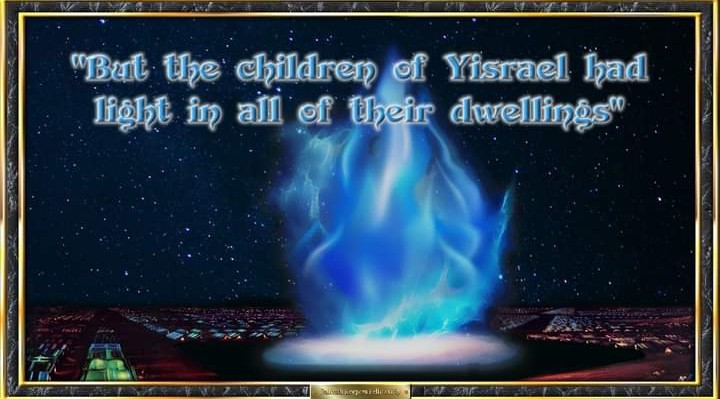Watch
Events
Articles
Market
More
Pumpkin Pie ? is an excellent way of getting oneself in a Shabbat Shalom groove. ?
#shabbatshalom



Sabbath Keepers Fellowship & Prison Ministry
Min Hazaqen Torah Study Group on Facebook
Ovadyah Ben Yisrael
FROM THIS WEEK'S TORAH PORTION:
“And YHWH said to Moshe, ‘Stretch out your hand toward the heavens, and let there be darkness over the land of Mitsrayim, even a darkness which is felt.’ And Moshe stretched out his hand toward the heavens, and there was thick darkness in all the land of Mitsrayim for three days. They did not see one another, nor did anyone rise from his place for three days, but all the children of Yisrael had light in their dwellings.”
“Beloved, I write no fresh command to you, but an old command which you have had from the beginning. The old command is the Word which you heard from the beginning. Again, I write you a fresh command, which is true in Him and in you, because the darkness is passing away, and the true light now shines. The one who says he is in the light, and hates his brother, is in the darkness until now. The one who loves his brother stays in the light, and there is no stumbling-block in him. But the one who hates his brother is in the darkness and walks in the darkness, and does not know where he is going, because the darkness has blinded his eyes.”




Noah Eargle
Delete Comment
Are you sure that you want to delete this comment ?